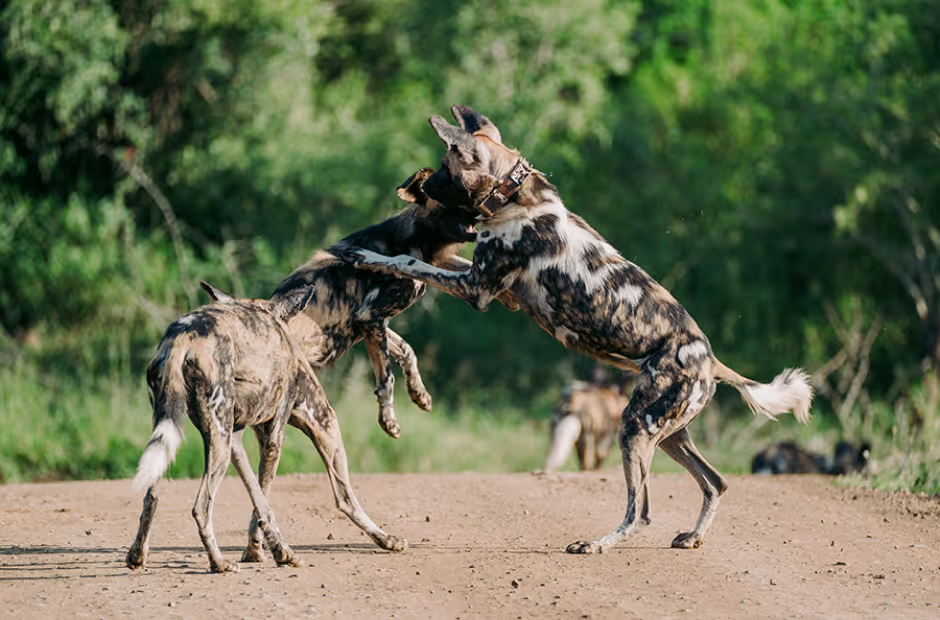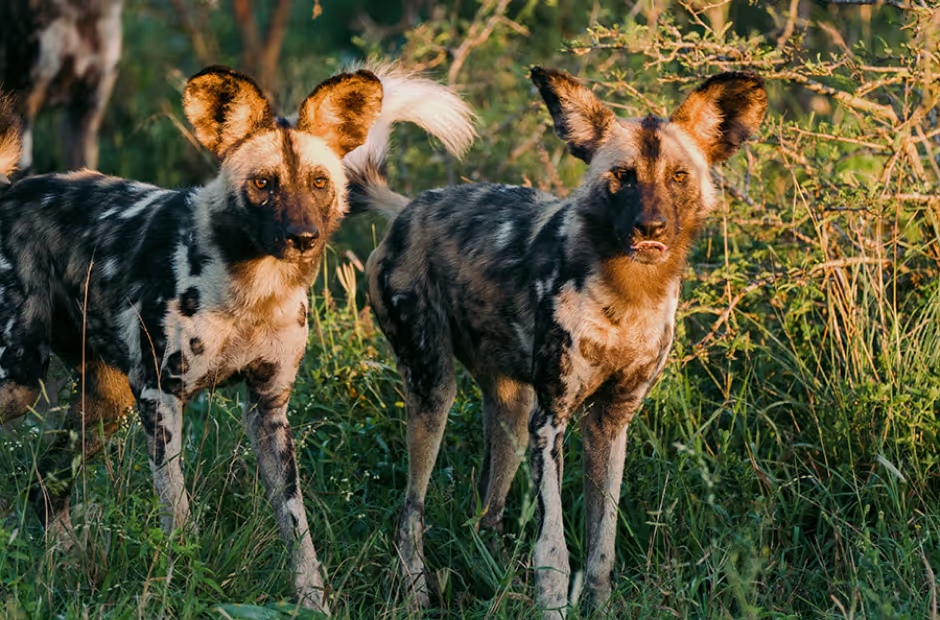Wishlists
Volunteer Project Wishlists
Volunteers often ask if they can bring anything to support our field teams or improve camp life. While our camps run efficiently, limited access to shops makes it hard to restock or upgrade supplies.
We’re incredibly grateful to those who’ve bought items, your support makes a real difference.
Download the Volunteer Project Wishlists below to see what each camp or project currently needs.
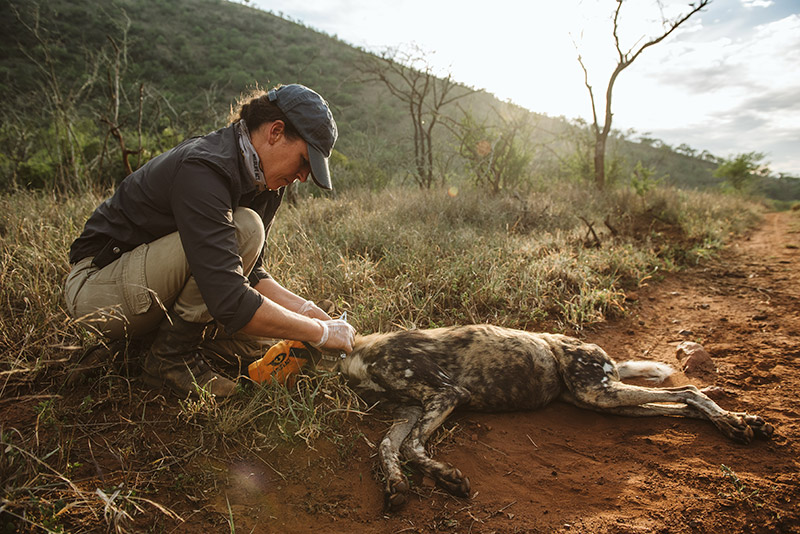
Conservation Program Wishlists
Wildlife ACT’s conservation work depends on skilled field teams, specialised equipment, and reliable logistical support. While our operations are well-structured and mission-focused, many of the tools used daily in the field require regular replacement or upgrading. Supporters often ask how they can contribute in a practical way. This is one of the most direct and impactful options.
We are sincerely grateful to those who choose to support our fieldwork by donating equipment or funding priority needs. Your contribution helps our teams stay effective, well-equipped, and safe in often remote and challenging environments.
Download the Conservation Program Wishlists below to see what each team currently needs to continue their vital work.
Learn More About Our Conservation Programs and How You Can Help
Support Wildlife ACT’s Big Cat Conservation Program
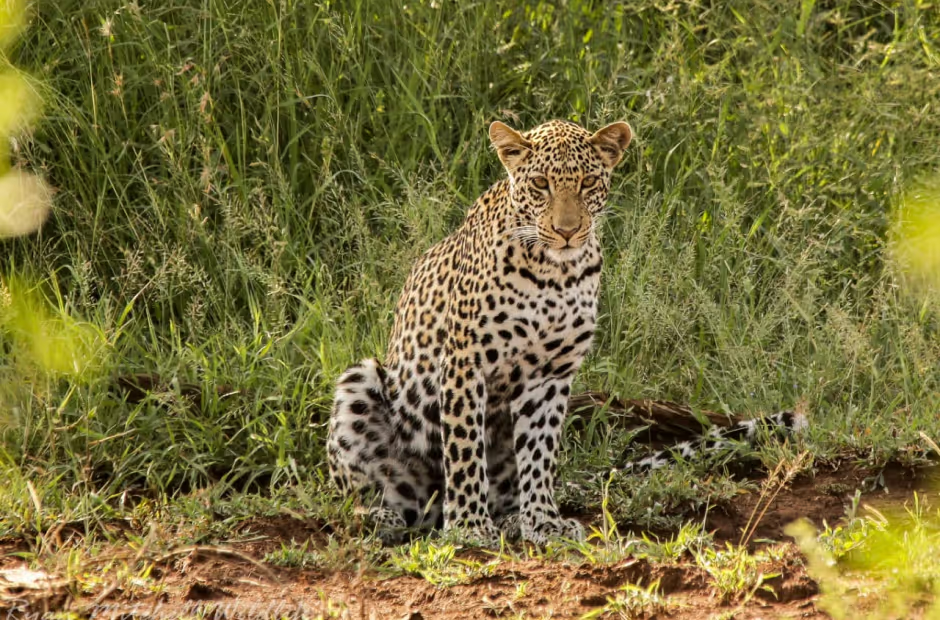



Wildlife ACT’s Big Cat Conservation Program is a strategic, science-driven initiative that focuses on the protection and long-term viability of South Africa’s Leopards, Lions, and Cheetahs. These species face complex and increasing threats, including habitat loss, human-wildlife conflict, genetic isolation, and illegal persecution.
In response, Wildlife ACT has consolidated its Leopard, Lion, and Cheetah projects into one comprehensive program aligned with South Africa’s Biodiversity Management Plan for Big Cats. This integrated approach strengthens collaboration between conservation authorities, research partners, and protected area managers to ensure more effective data collection, population management, and conservation outcomes.
At the core of Wildlife ACT’s Big Cat Conservation Program is the KwaZulu-Natal Leopard Monitoring Project (KZNLMP). This long-term, province-wide initiative is run in partnership with Ezemvelo KZN Wildlife, Panthera, and private landowners. Through systematic short-term camera trap surveys, the project gathers essential data on Leopard densities, movements, conflict hotspots, and population trends across protected areas. These insights directly inform biodiversity planning, species management, and conflict mitigation efforts at both provincial and national levels.
The program also includes a focused Cheetah Conservation effort in KwaZulu-Natal. By collaring, monitoring, and reintroducing individuals, Wildlife ACT contributes to the stability of a key sub-population while supporting national metapopulation strategies. With their limited genetic diversity and vulnerability to other predators, Cheetahs require careful, science-led management. Hluhluwe-iMfolozi Park remains a vital stronghold, supported by advanced tracking technology, research collaborations, and targeted relocations.
Lion conservation is another priority. Wildlife ACT assists in tracking, collaring, and translocating Lions to promote genetic diversity and ecological functionality. In 2024, several collars were fitted and key translocations completed, strengthening Lion populations and contributing to broader carnivore conservation goals across KwaZulu-Natal.
Your support directly fuels this impactful, on-the-ground conservation work. By contributing to the program or fulfilling items on the wishlist below, you help secure the future of Africa’s Big Cats.
Support Wildlife ACT’s Community Conservation and Coexistence Program
In KwaZulu-Natal, Wildlife ACT works at the critical intersection of people and nature. Our Community Conservation and Human-Wildlife Coexistence Programs are designed to reconnect communities with their natural heritage, reduce conflict with wildlife, and build local leadership for conservation.
The Community Conservation Program follows a tiered model to inspire, nurture, and support a new generation of conservation ambassadors. Learners attend immersive bushcamps inside protected areas, often experiencing wildlife for the first time. Youth are then engaged through Ambassador Clubs and field trips, while promising individuals are selected for intensive internships that provide training, mentorship, and exposure to conservation careers. These programmes are led by dedicated Community Conservation Liaisons who live and work within the communities they serve.
The Human-Wildlife Coexistence Program focuses on practical solutions to reduce conflict and build trust around protected area boundaries. This includes community workshops on livestock protection, rapid response to wildlife emergencies, fence support, poison awareness training, and local employment opportunities. The goal is to protect both people and wildlife by addressing the root causes of conflict, strengthening tolerance, and promoting coexistence.
Together, these programs create safer, more sustainable landscapes where communities thrive alongside the wildlife they help protect. Your support directly funds youth education, field resources, emergency response, and training initiatives that make this work possible.
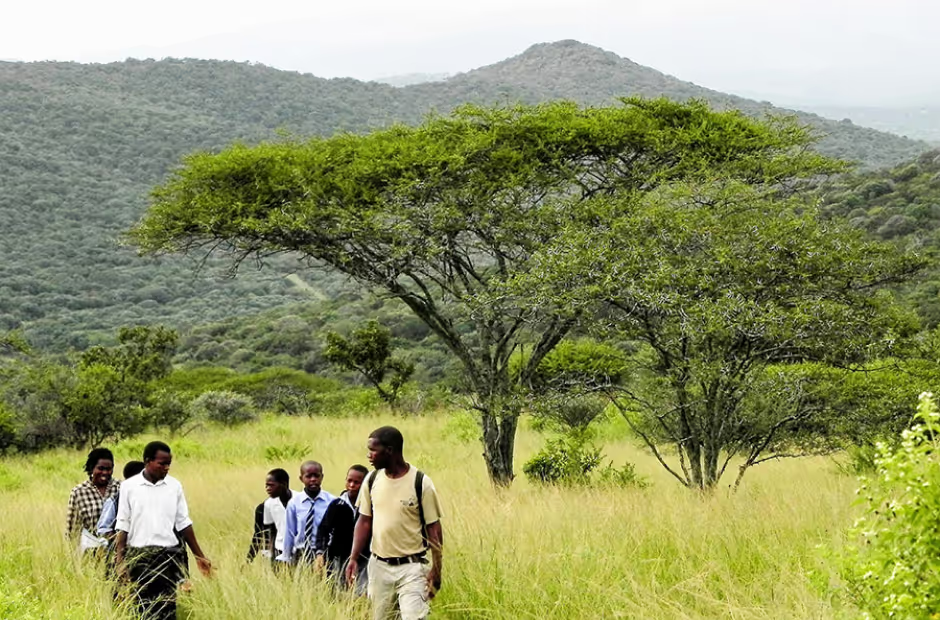
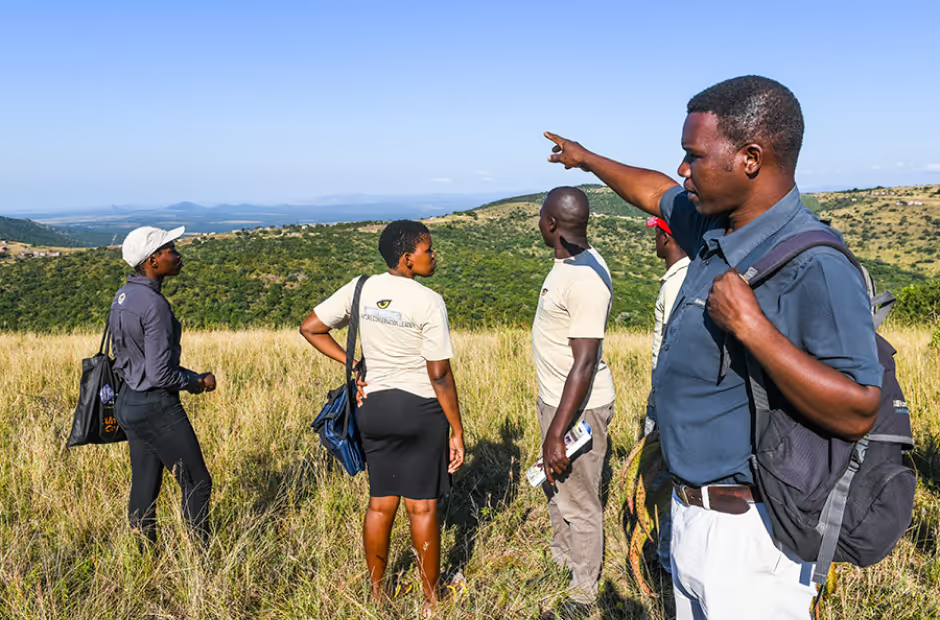
Support Wildlife ACT’s Vulture Conservation Program
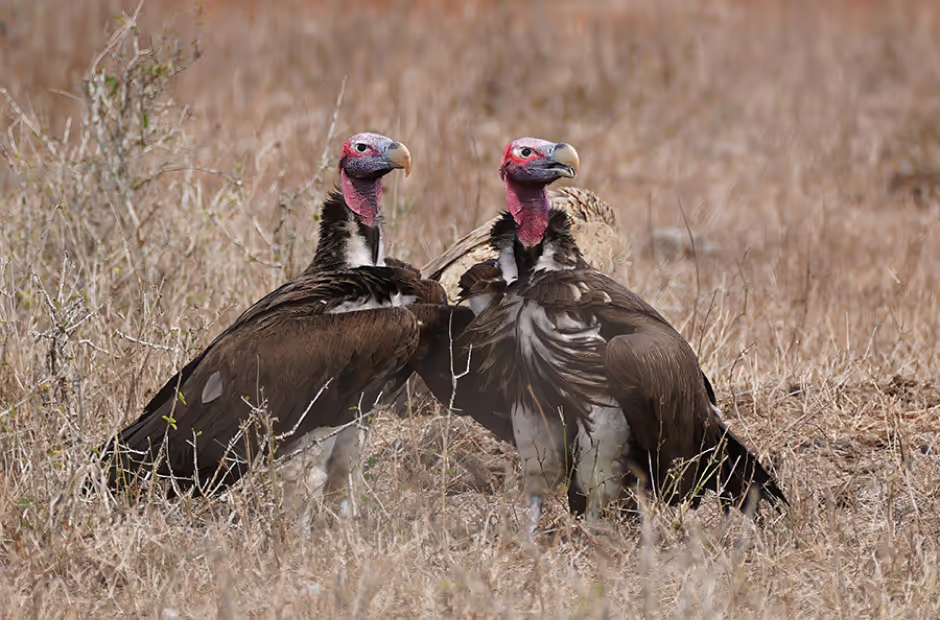
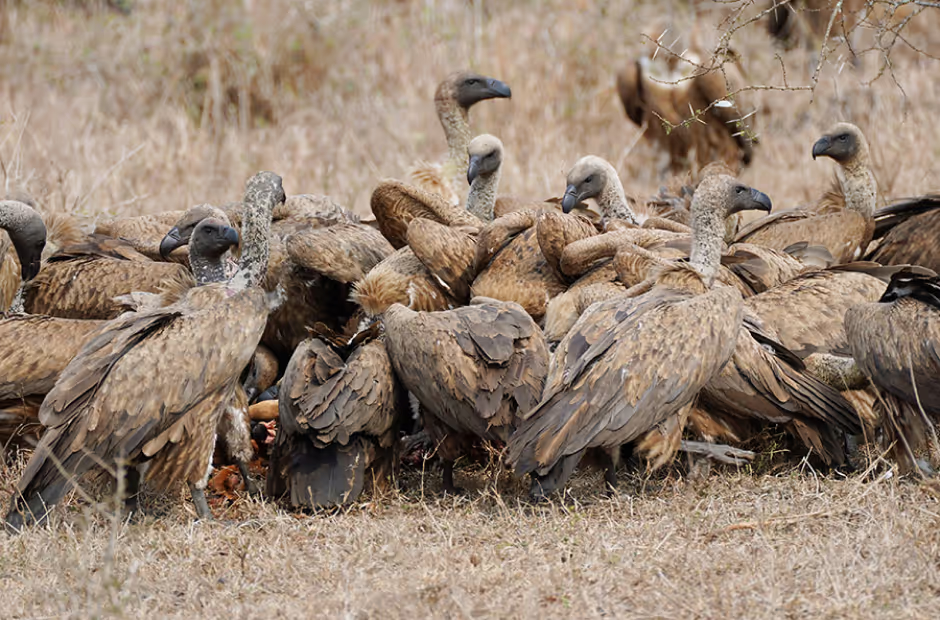
Vultures are among the most threatened bird groups in the world, and their rapid decline has far-reaching consequences for ecosystems, human health, and biodiversity. In South Africa, all six vulture species are now listed as either Vulnerable, Endangered, or Critically Endangered. Wildlife ACT’s Vulture Conservation Program is a focused effort to reverse this trend through research, real-time monitoring, community engagement, and emergency response.
The program works to protect Vultures through a combination of GPS tracking, safe feeding sites, poisoning intervention, and education. Wildlife ACT partners with conservation authorities and private reserves to track and monitor key individuals, collect data on movements and mortality, and respond to poisoning events which remain one of the greatest threats to Vulture populations. This work helps build an early warning system for wildlife poisoning, while also generating the data needed to advocate for stronger protections and policy change.
Education and awareness are also critical components of the program. Wildlife ACT provides poison awareness training to rangers, staff, and community members, equipping them with the knowledge to recognise and respond to poisoning events quickly. Through these efforts, the team strengthens the long-term survival of these iconic scavengers, while helping protect the wider ecosystems they support.
Your support enables the deployment of GPS tracking units, field monitoring equipment, transport crates, and testing kits that make this work possible. Every contribution helps keep these critical species in the skies.
Support Wildlife ACT’s African Wild Dog Conservation Program
The African Wild Dog is one of the continent’s most endangered carnivores, with fewer than 650 individuals remaining in South Africa. Wildlife ACT’s African Wild Dog Conservation Program is a dedicated initiative focused on protecting and restoring these highly social, intelligent, and ecologically important predators. Working in close partnership with conservation authorities and protected areas across KwaZulu-Natal, the program combines real-time monitoring, strategic reintroductions, and advanced tracking technologies to support population recovery.
Field teams monitor Wild Dog packs every day to collect vital data on movements, denning, dispersal, and health. This information informs reserve management, supports anti-poaching efforts, and enables rapid responses to threats such as snaring, disease, and conflict with livestock. The program also plays a key role in coordinating the national Wild Dog metapopulation, helping ensure genetic diversity and long-term species viability through targeted relocations and the fitting of specialised GPS, VHF, and satellite tracking collars.
Every contribution helps keep Wild Dogs safe and monitored in the wild. Donations support tracking collars, veterinary interventions, transport crates, telemetry gear, and fuel for daily patrols. By supporting Wildlife ACT’s African Wild Dog Conservation Program, you are helping to secure the future of a species on the edge of extinction.
